
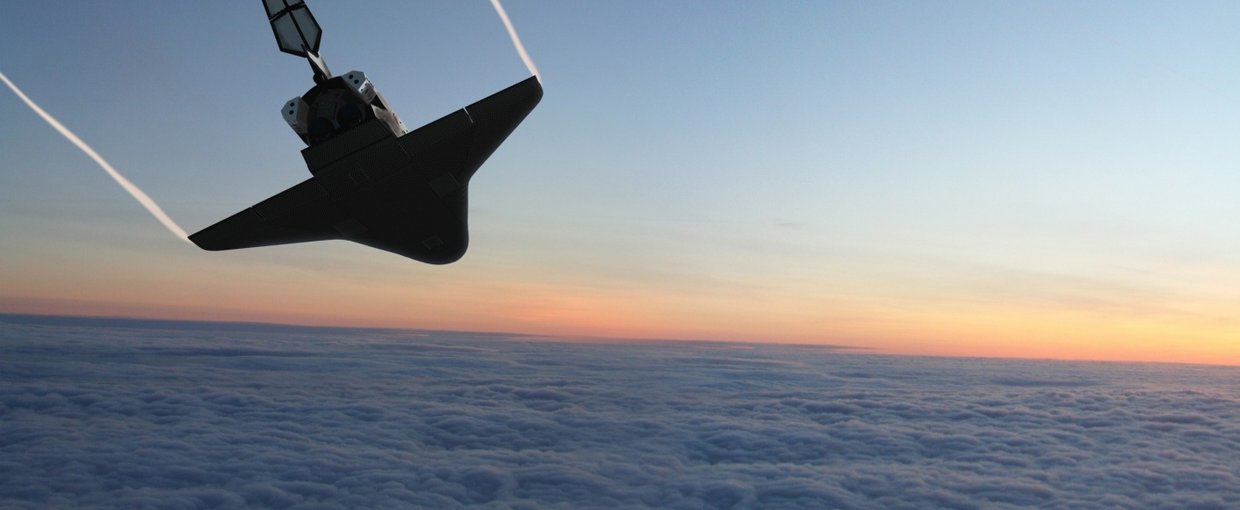
Summer & Winter Schools
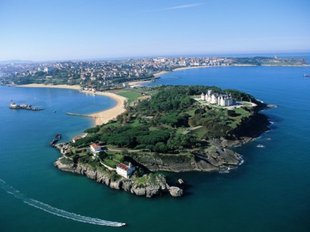
The Josep Comas i Solà International Astrobiology Summer School is co-sponsored by NAI and the Centro de Astrobiologia. Held annually in Santander, Spain, it has become a tradition in the astrobiology community. The week-long program for graduate students and postdoctoral fellows provides lectures from international experts, round-table discussions, student projects, night-sky observations, and a half-day field trip to a nearby site of astrobiological interest.
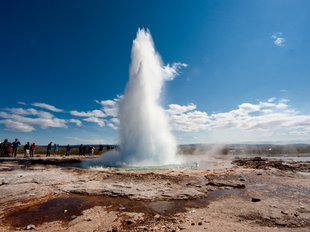
Co-organized by the Nordic Network of Astrobiology, the University of Hawai’i at Manoa, and the NASA Astrobiology Institute, the summer school aims to give educational experience to early career scientists. It features world class speakers, unique field-trips and an opportunity to meet and interact with a cohort of like-minded young scientists.
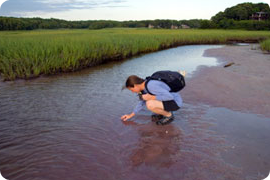
This course is an intensive six-and-a-half-week research and training experience for graduate or postdoctoral students, and established investigators, who want to become competent in microbiological techniques for working with a broad range of microbes, and in approaches for recognizing the metabolic, phylogenetic, and genomic diversity of cultivated and as yet uncultivated bacteria.
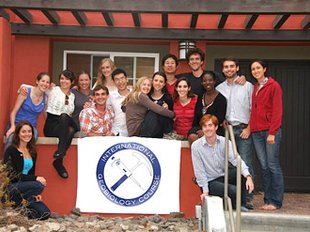
The International GeoBiology Course is an intense, multidisciplinary summer course exploring the coevolution of the Earth and it’s biosphere, with an emphasis on how microbial processes affect the environment and leave imprints on the rock record.
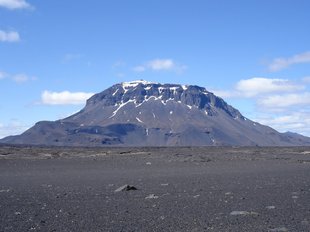
The summer school “Biosignatures and the Search For Life on Mars”, held in Iceland, aims to cover the subject of the search for life in different environments, both on early Earth, below Earth’s surface and on Mars. It will bring together students and researchers from a multitude of different fields. It is co-organised by the Nordic Network of Astrobiology, the European Astrobiology Campus, and the EU COST Action “Origins and Evolution of Life on Earth and in the Universe”. Field studies on the colonisation of lava fields and Mars analogue landscapes will complement the lectures.
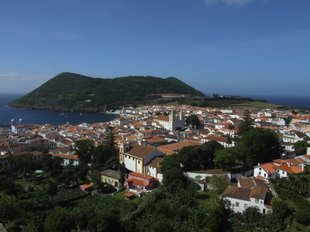
The course aims to give participants a thorough introduction into influence of volcanism, plate tectonics on life and the role of hydrothermal vents in the upcome of life. It is co-organised by the European Astrobiology Campus and the COST Action Origins and Evolution of Life in the Universe. Lurdes Dapcevicius (University of the Azores) and Wolf Geppert (Stockholm Uiversity) will function as course organisers.